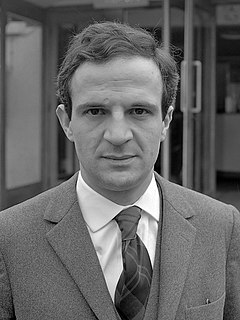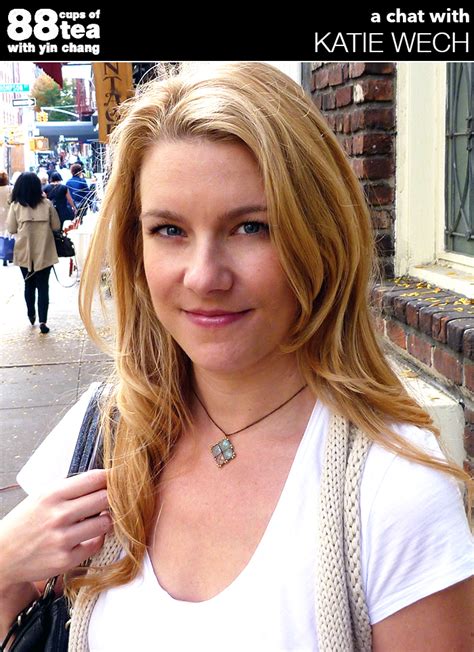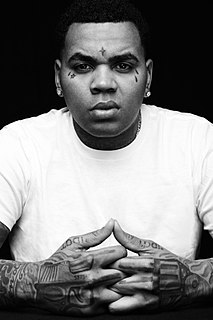A Quote by Francois Truffaut
The film of tomorrow appears to me as even more personal than an individual and autobiographical novel, like a confession, or a diary.
Quote Topics
Related Quotes
John's baptism...was a radical act of individual commitment to belong to the true people of God, based on personal confession and repentance... This is one of the main reasons that I do not believe in baptizing infants, who cannot make this personal commitment or confession or repentance. John's baptism was an assault on the very assumptions that give rise to much infant baptism.
Keep a diary, but don't just list all the things you did during the day. Pick one incident and write it up as a brief vignette. Give it color, include quotes and dialogue, shape it like a story with a beginning, middle and end—as if it were a short story or an episode in a novel. It's great practice. Do this while figuring out what you want to write a book about. The book may even emerge from within this running diary.
If I can give a young author any advice, whatsoever, never let anyone announce the film sale of your first novel. Film rights are sold to almost every novel, but it shouldn't be the lead story in your first engagement with the press. Then you end up getting reviews like "a novel made for the screen" and things like that.
The first thing I would like to tell you about death is that there is no bigger lie than death. And yet, death appears to be true. It not only appears to be true but also seems like the cardinal truth of life - it appears as if the whole of life is surrounded by death. Whether we forget about it, or become oblivious to it, everywhere death remains close to us. Death is even closer to us than our own shadow.






































